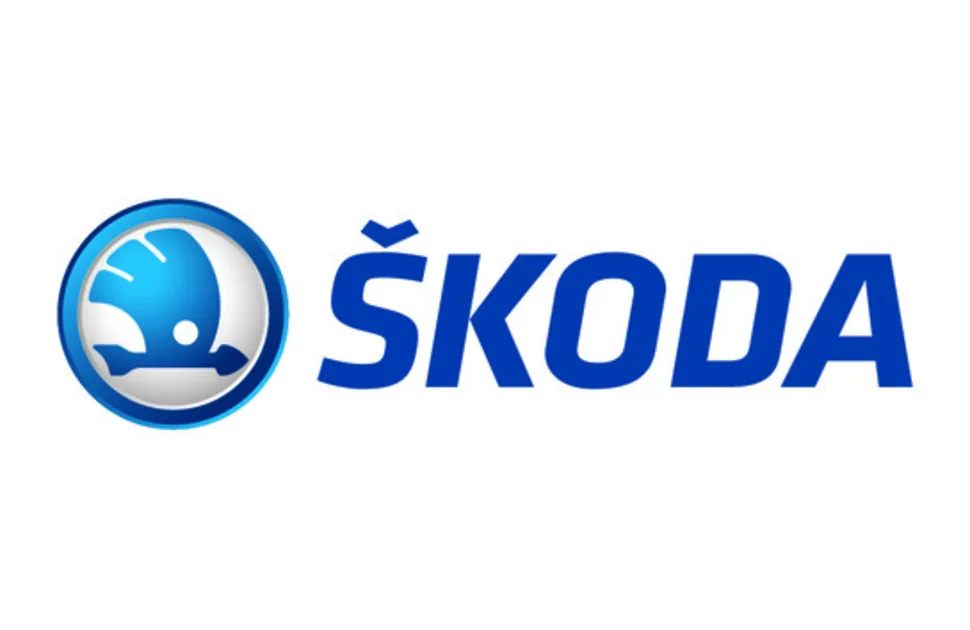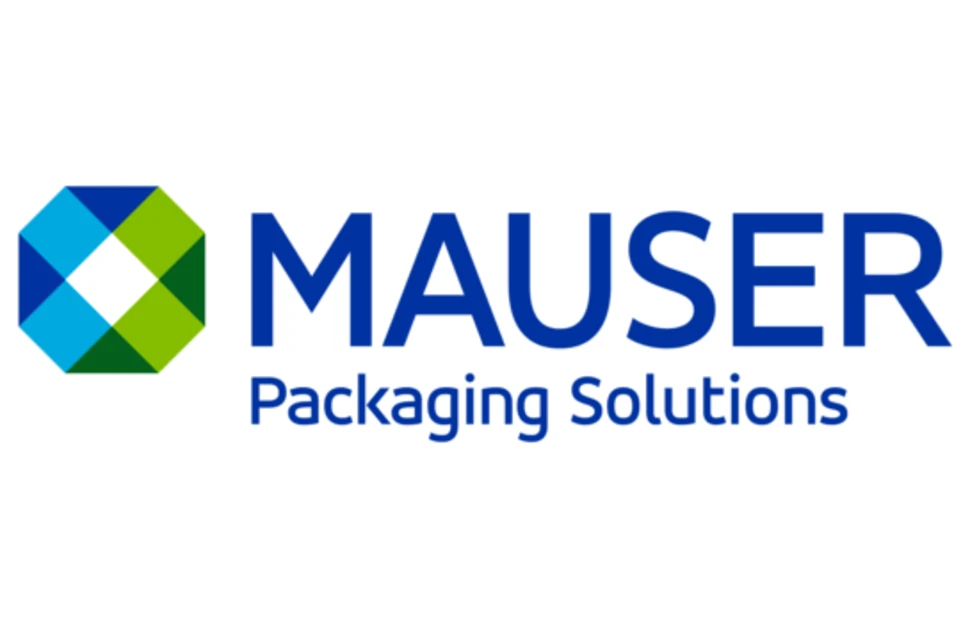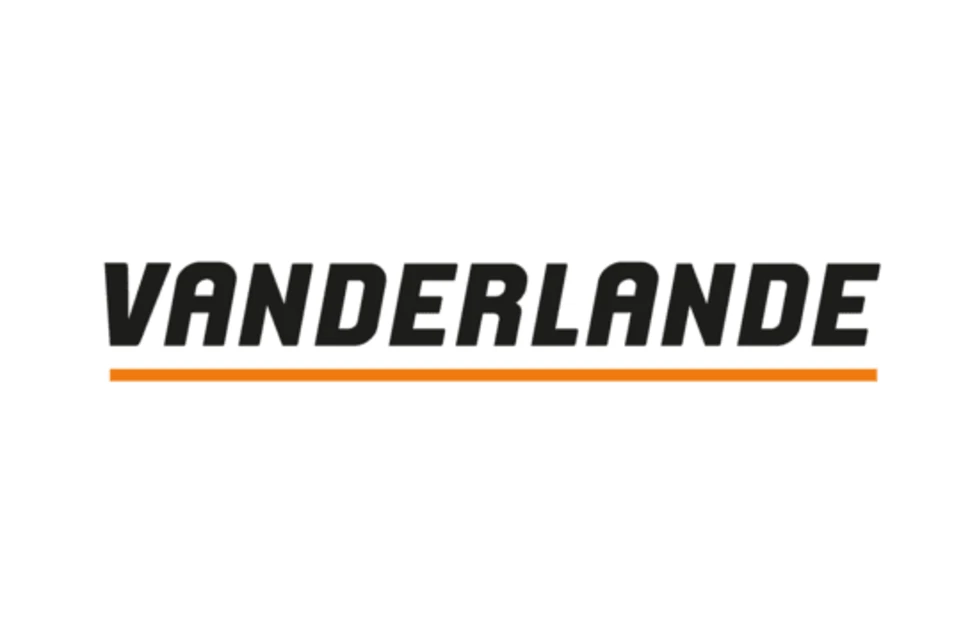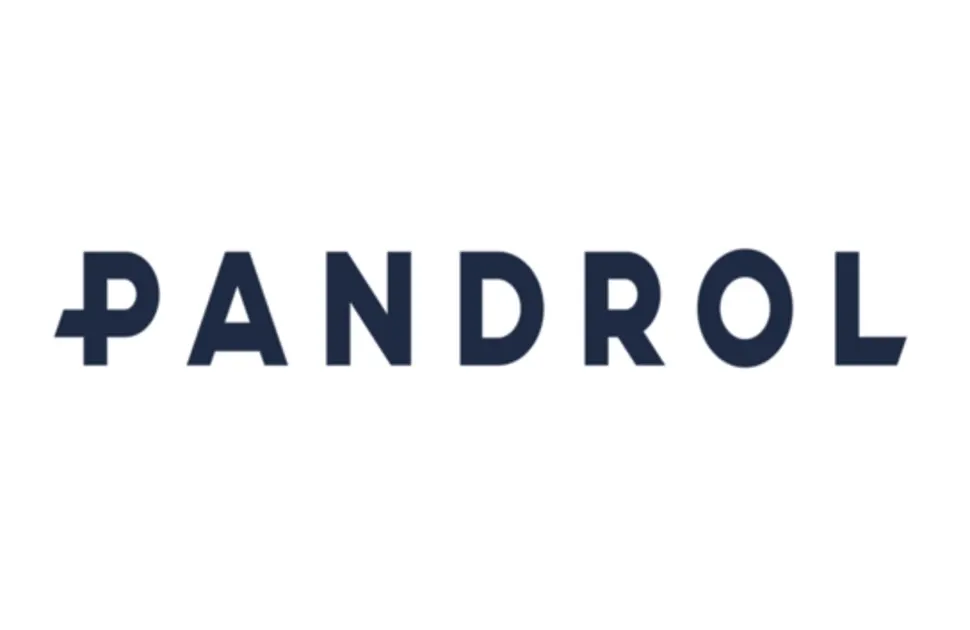Central Europe’s contract buyers secure 2025 discounts
Central European flat steel manufacturers were forced to concede significant price concessions with regional buyers during recent contractual negotiations for half yearly and annual deals for 2025.
MEPS International’s December research, conducted with market participants in Poland and Czechia, indicated that many long-term agreements were yet to be formally agreed due to disagreements over price. The sizable gap between spot and contract prices proved a major hurdle for discussions, many of which began at Hanover’s biannual EuroBlech trade fair, in late October.
- Regular insight into the Central European steel market is featured in MEPS’s International Steel Review. The monthly publication includes market commentaries, prices, price indices and six-month price forecasts for North America, China, Japan, South Korea and Taiwan, as well as seven European steelmaking countries.
Either side of the New Year period, European coil producers lowered their contract price expectations, however.
Research respondents in Poland and Czechia who had been negotiating six-month contracts said that they were able to secure reductions of EUR30-50 per tonne, compared with prices negotiated for the last six months of 2024. Those purchasing on an annual basis said that they had realised savings of EUR70-100 per tonne.
MEPS market analyst Chris Jackson said that it was “no surprise” that a lot of contractual deals were concluded at the 11th hour in Central Europe.
Buyers identified potential for discounts
Initially, Central European buyers had found steelmakers either unwilling to declare their prices or targeting a rollover for new contracts. However, many interpreted mills’ reluctance to propose higher values as an indication that discounts would be achieved against the backdrop of falling spot market prices.
MEPS’s European average transaction prices for flat products declined significantly during 2024. In December, the hot rolled coil price decreased by 16.1% year-on-year while cold rolled coil and hot dipped galvanised coil recorded declines of 13.4% and 12.7%, respectively.
European mills had intended to raise their spot prices before the end of the year in order to strengthen their position in contract negotiations. ArcelorMittal led the way, raised its flat and long product prices by EUR40 per tonne in early October, and was soon followed by other producers.
Weak demand throughout the region meant that buyers were sceptical about the mills’ increased prices. They claimed that price increases were difficult to pass on to end-users during the seasonally slow fourth quarter. Furthermore, European spot coil buyers were still able to buy substantially below the mills’ asking prices.
The mills’ discipline subsequently waned and reduced contract prices were offered and agreed. Many MEPS contract buyers in Central Europe suggested that a decrease due to the sizable price differential between spot and contract was "inevitable”.
Market challenges
The downward trend was a symptom of weak market sentiment and poor demand from the majority of Central Europe’s steel-using industries.
MEPS respondents are predicting little demand improvement in the next 12 months. Many Polish companies in the automotive and white goods sectors remain in financial difficulty. Activity levels in Czechia are comparatively better, boosted by government contracts for infrastructure.
Fierce competition from German service centres, which are eager to target new markets due to their home country’s sluggish economic performance, continues to weigh heavily on both countries.
However, some supply constraints may have helped mitigate the extent of the price erosion.
Jackson said: “The buyers that talk regularly to MEPS say that their buying options, from both local and non-EU sources, are becoming increasingly limited. Some regional producers are either not producing or supplying significantly below their operational capabilities.
“The likely absence of third-party hot rolled coil from traditional Asian exporters may also play its part. Due to existing trade legislation, including a 15% cap on imports from countries utilising the EU safeguard measures’ ‘other countries’ quota and the implementation of antidumping duties, supply may be reduced later in the year.”
- Contact MEPS for details of how to access regular steel price data, market commentary and forecasts from Central Europe.
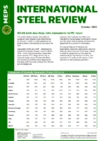
Source:
International Steel Review
The MEPS International Steel Review is an essential monthly publication, offering professional analysis and insight into carbon steel prices around the world.
Go to productRequest a free publication
